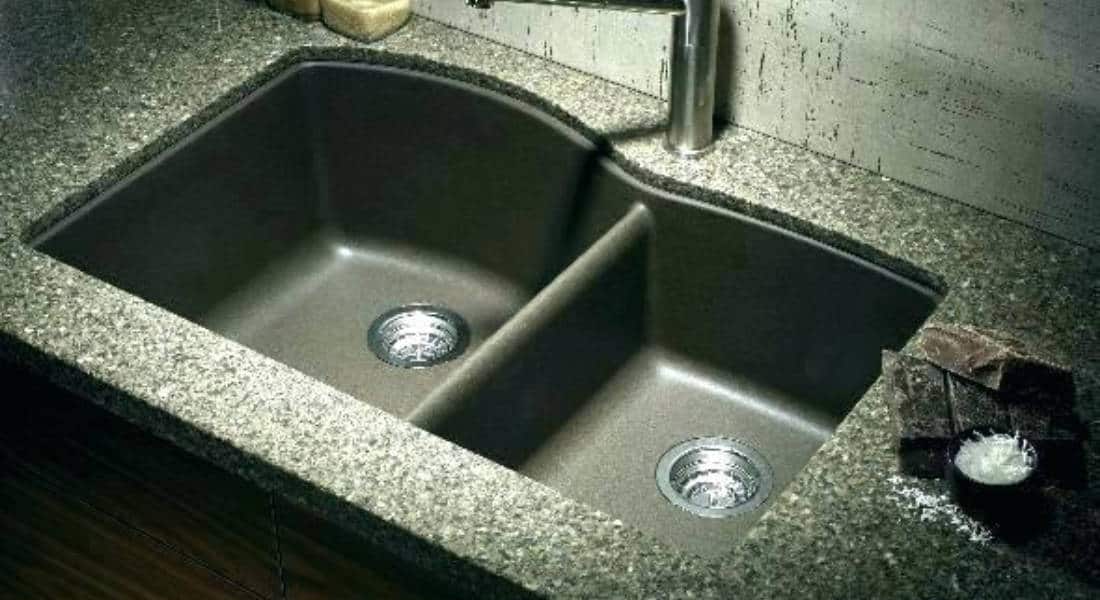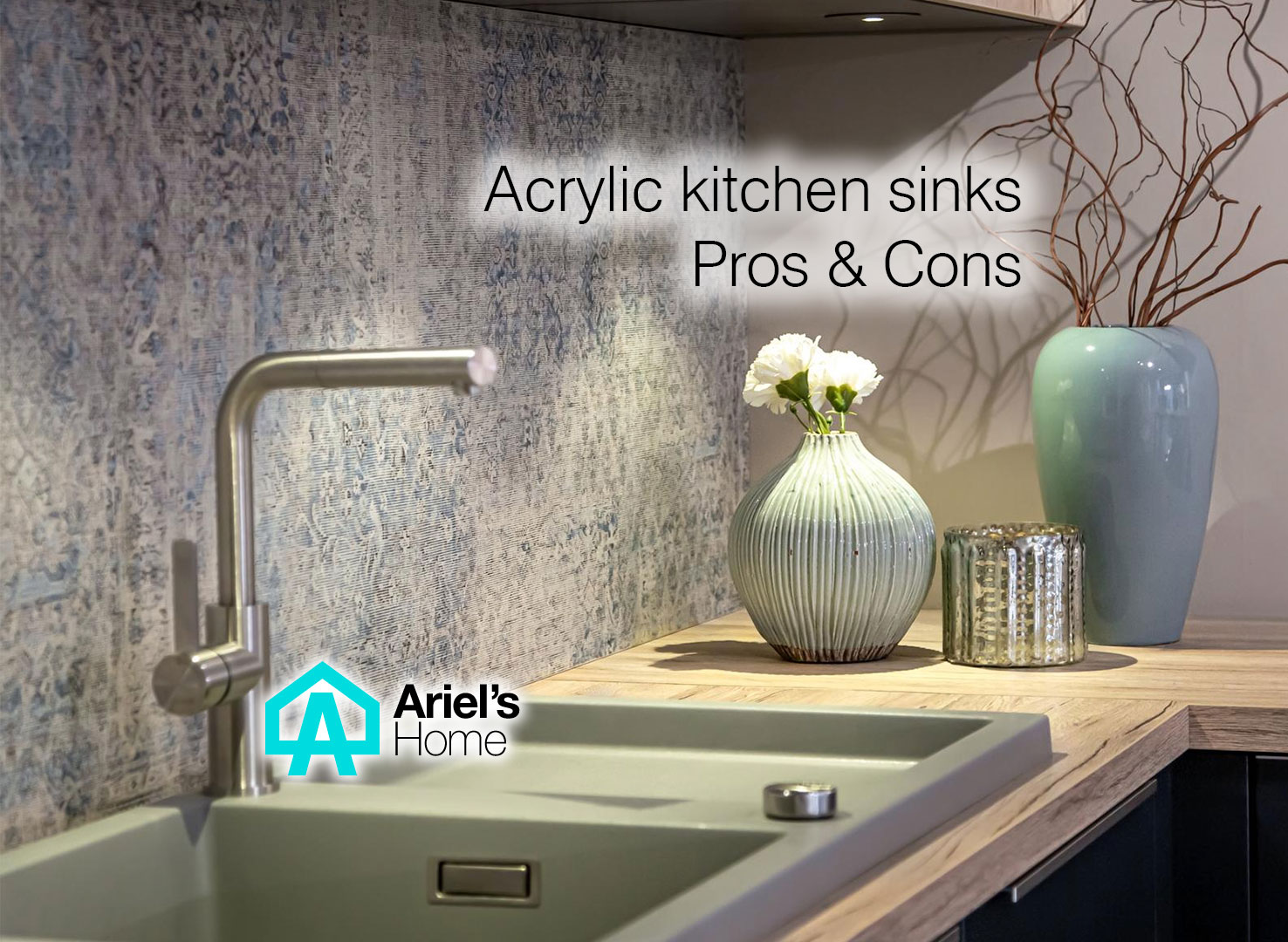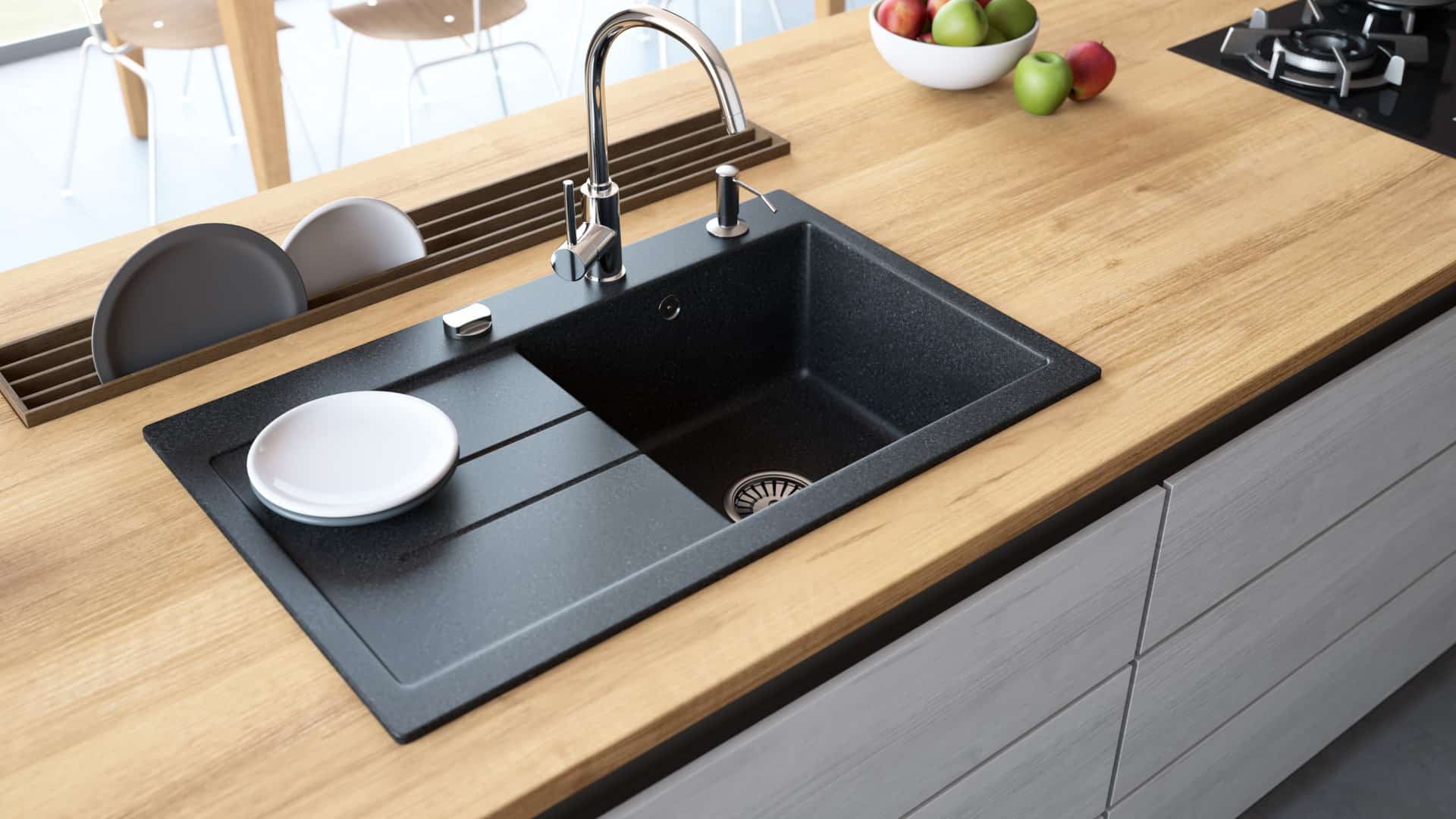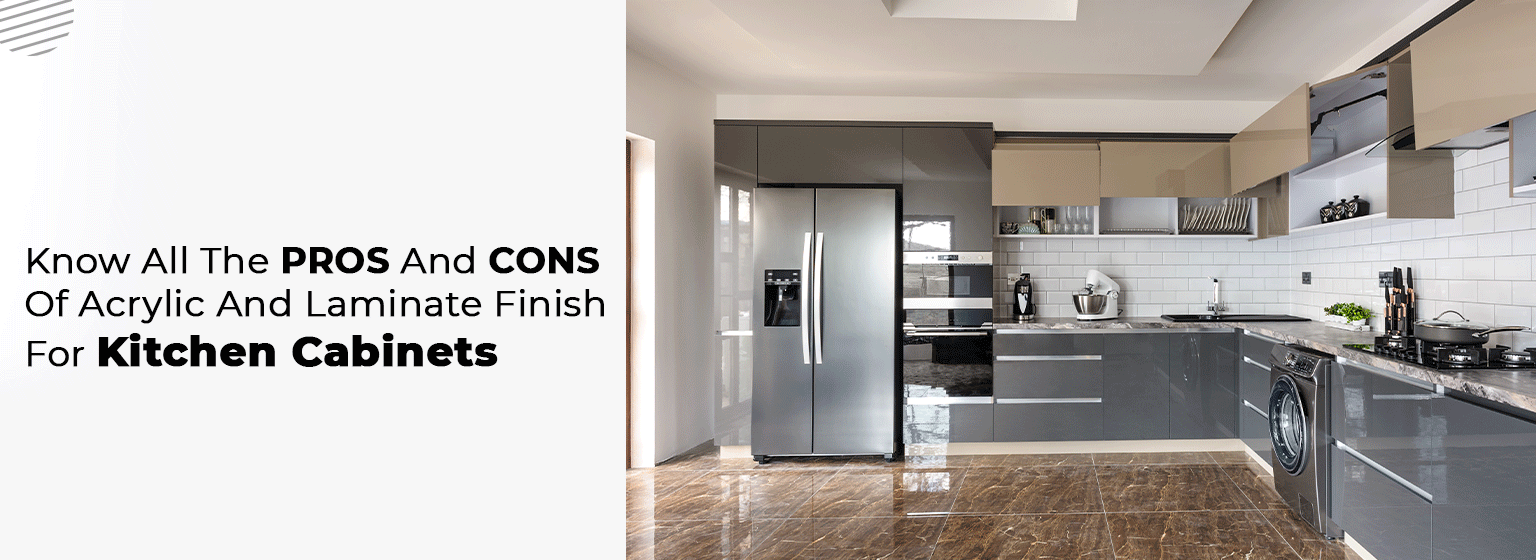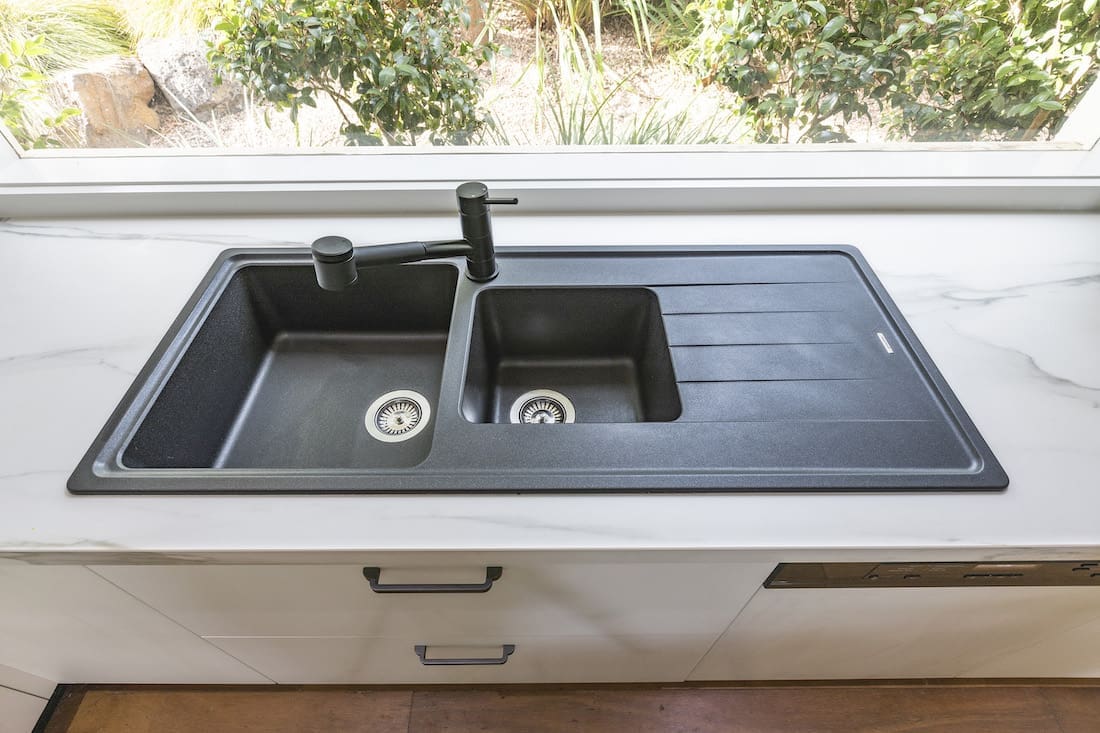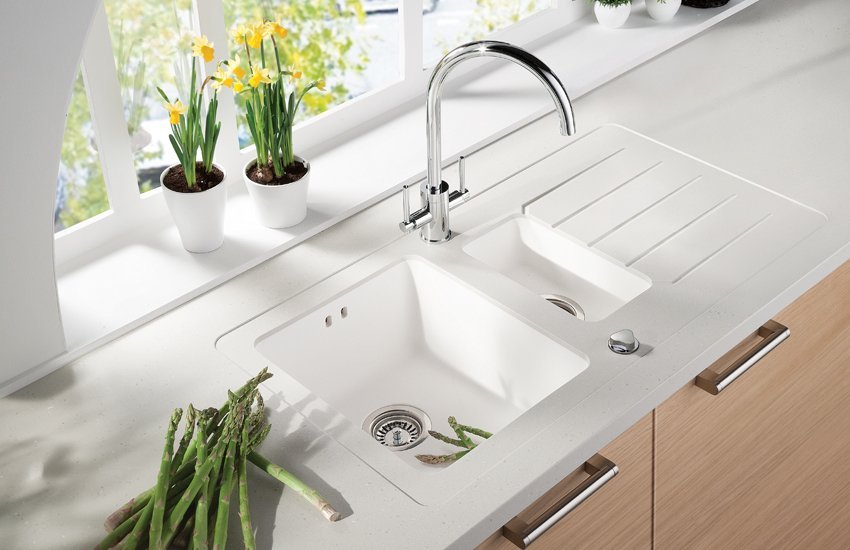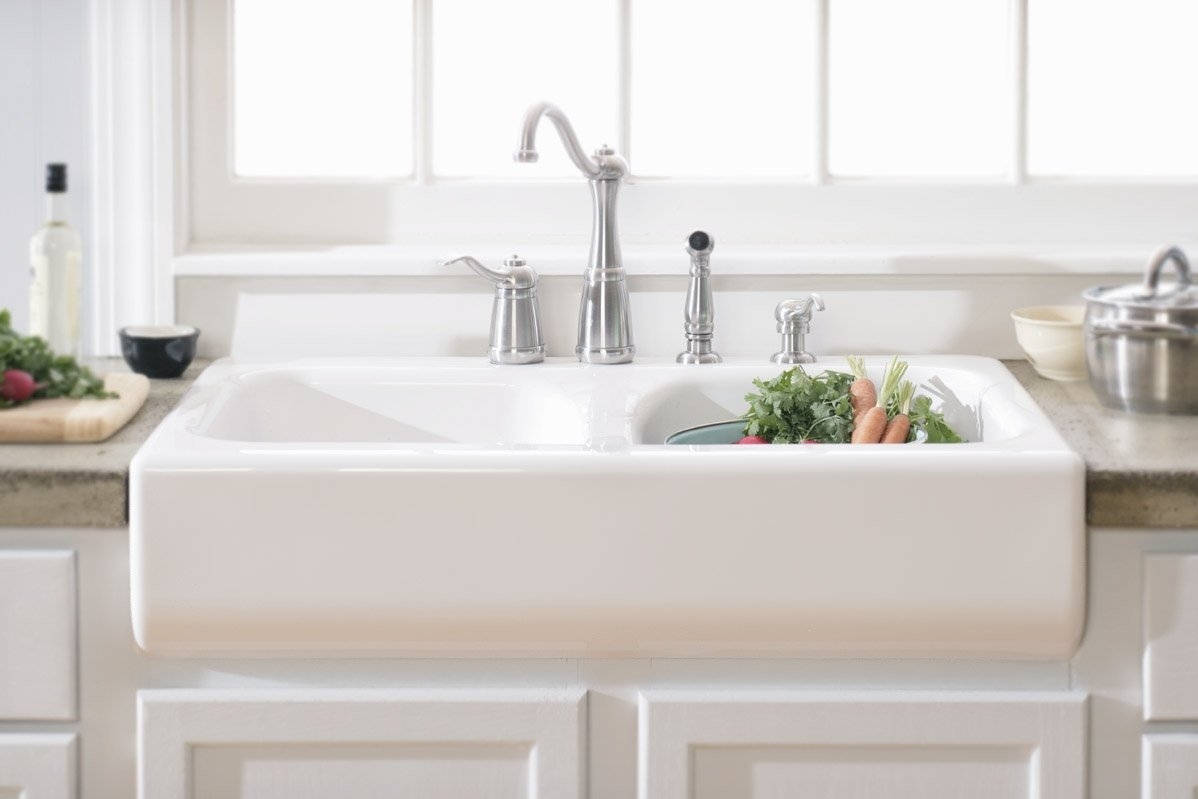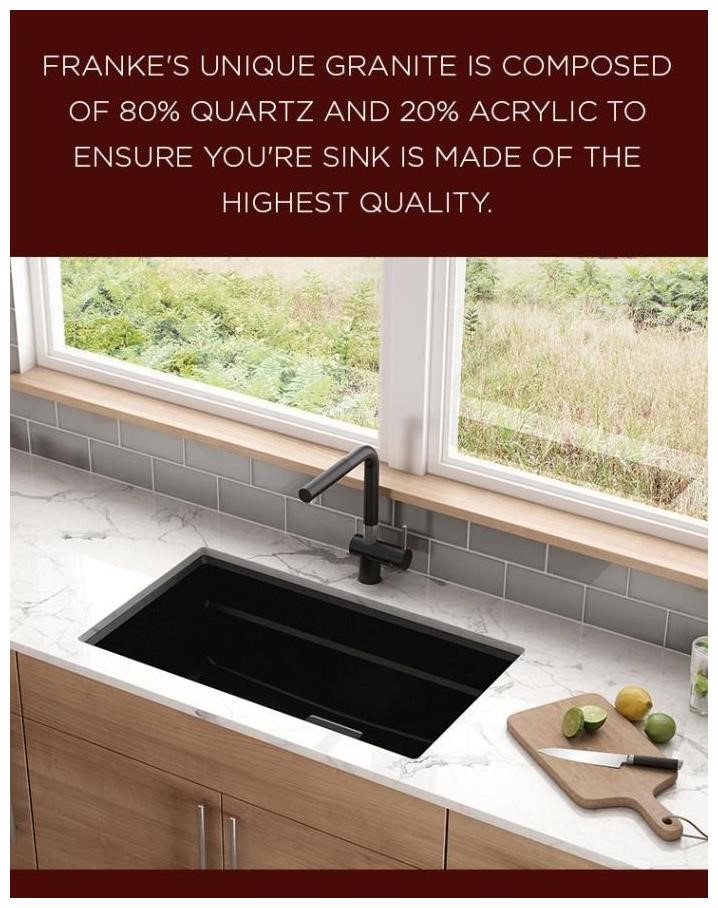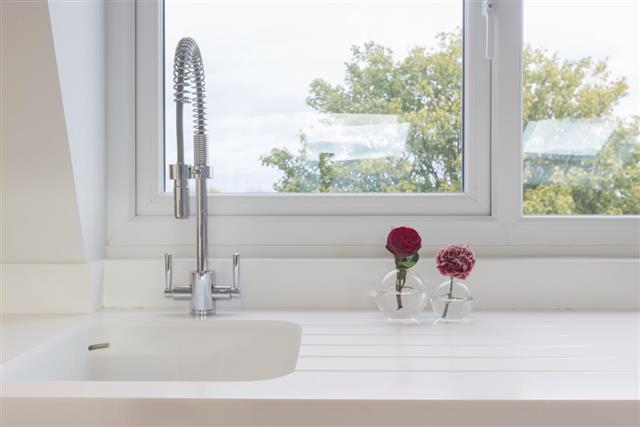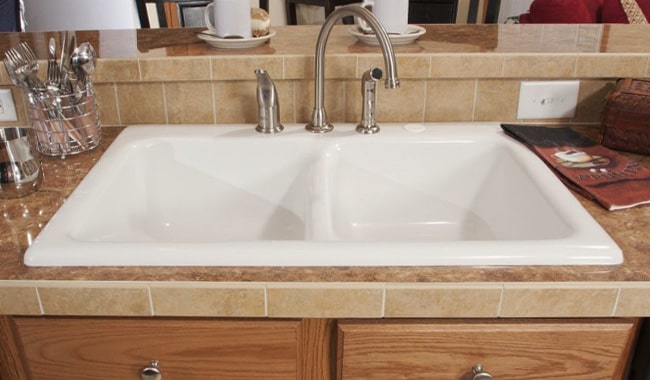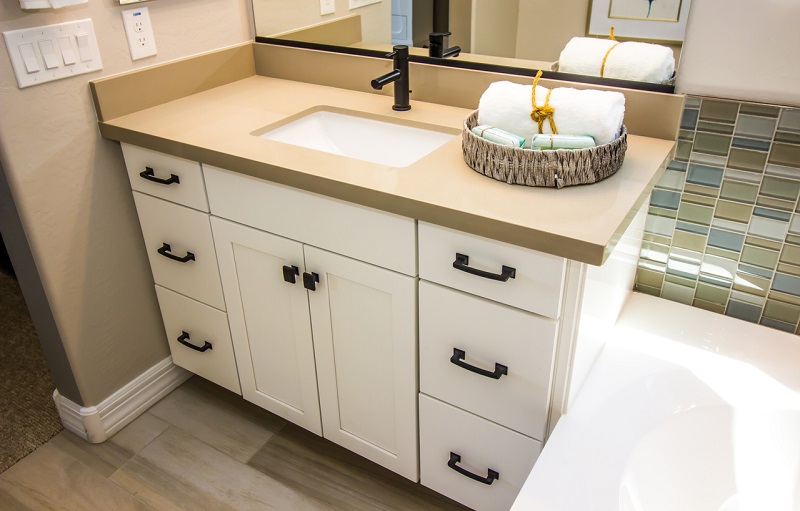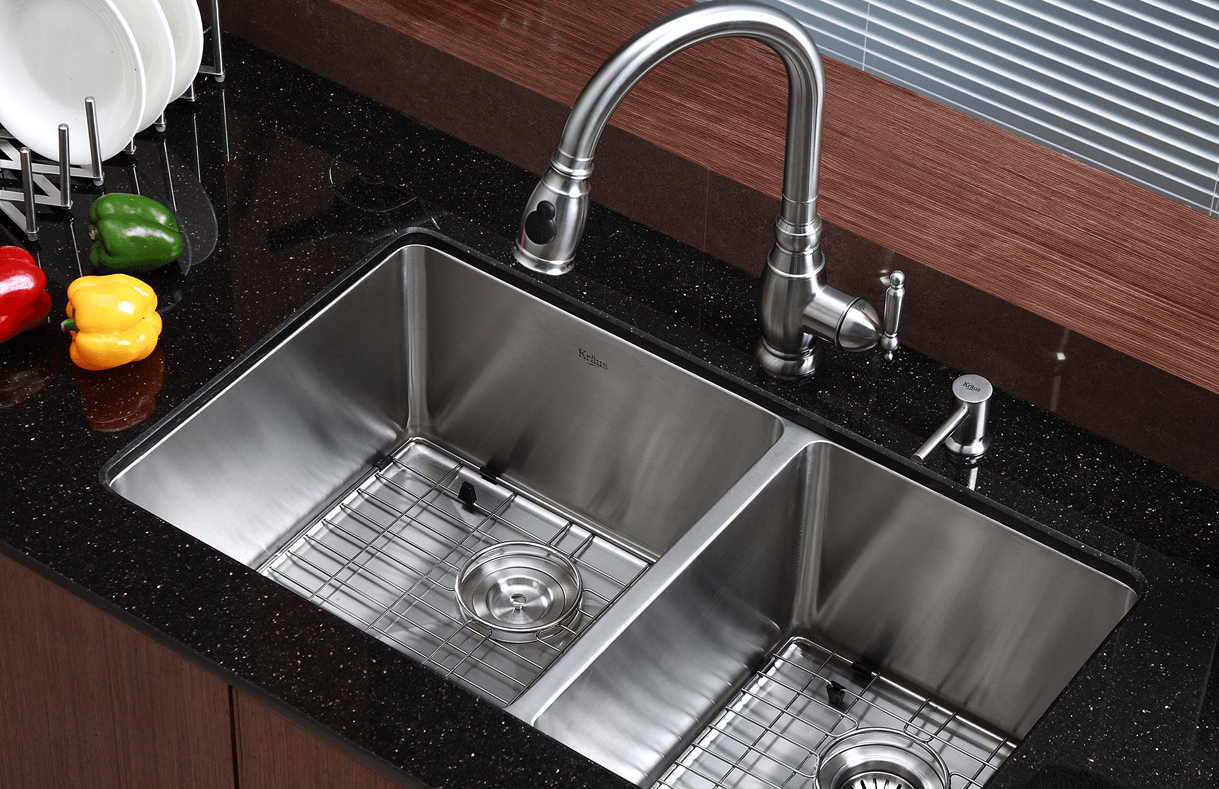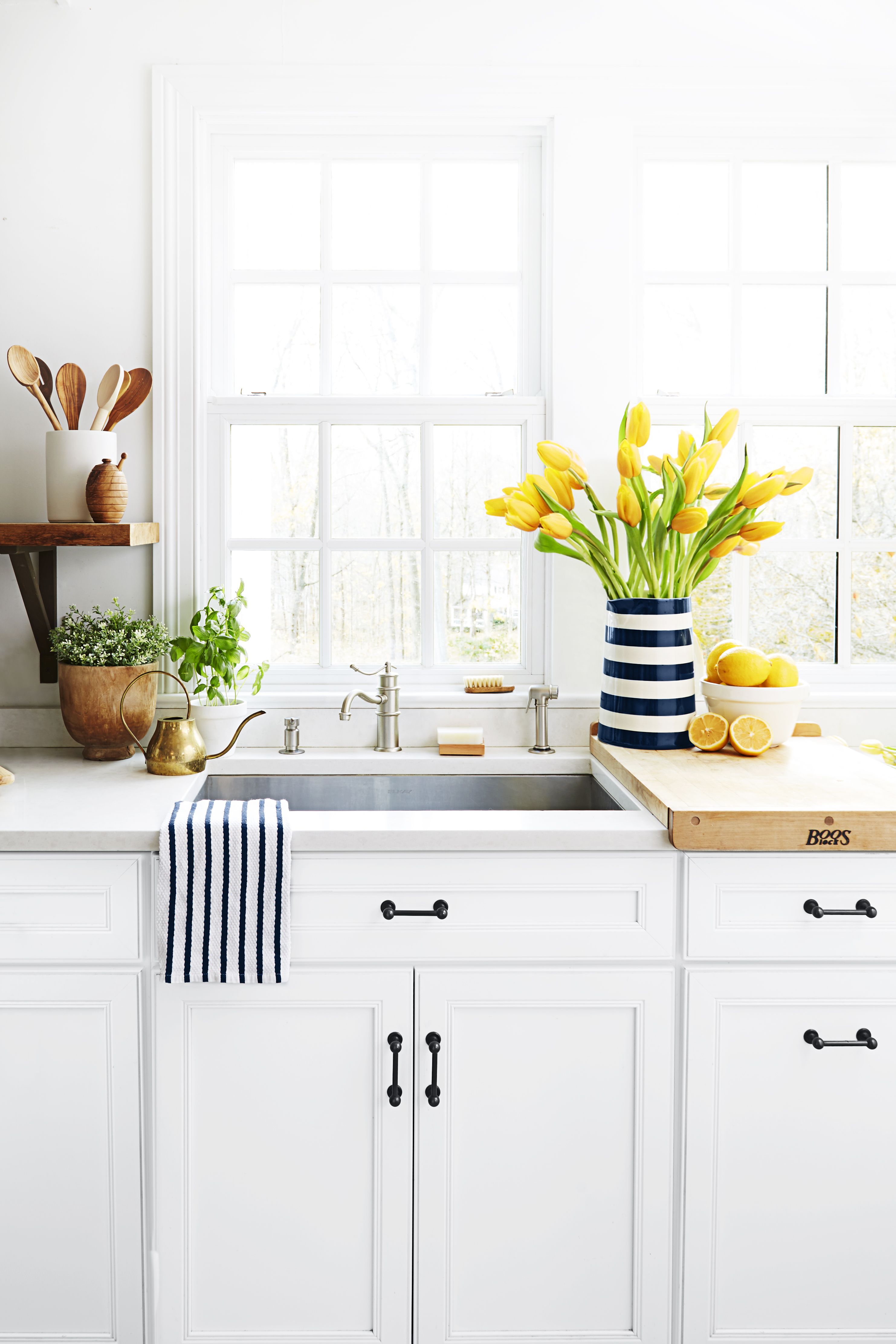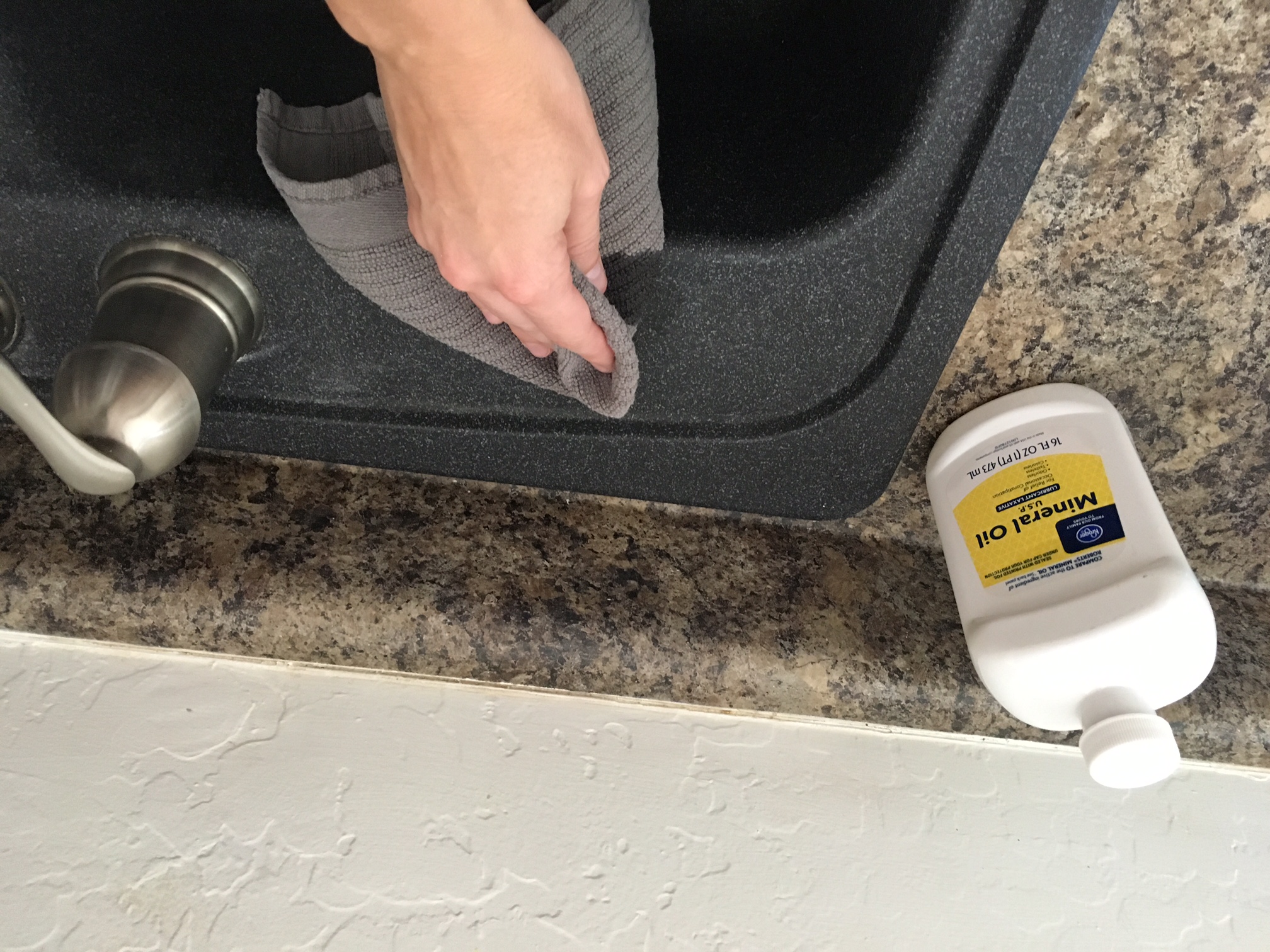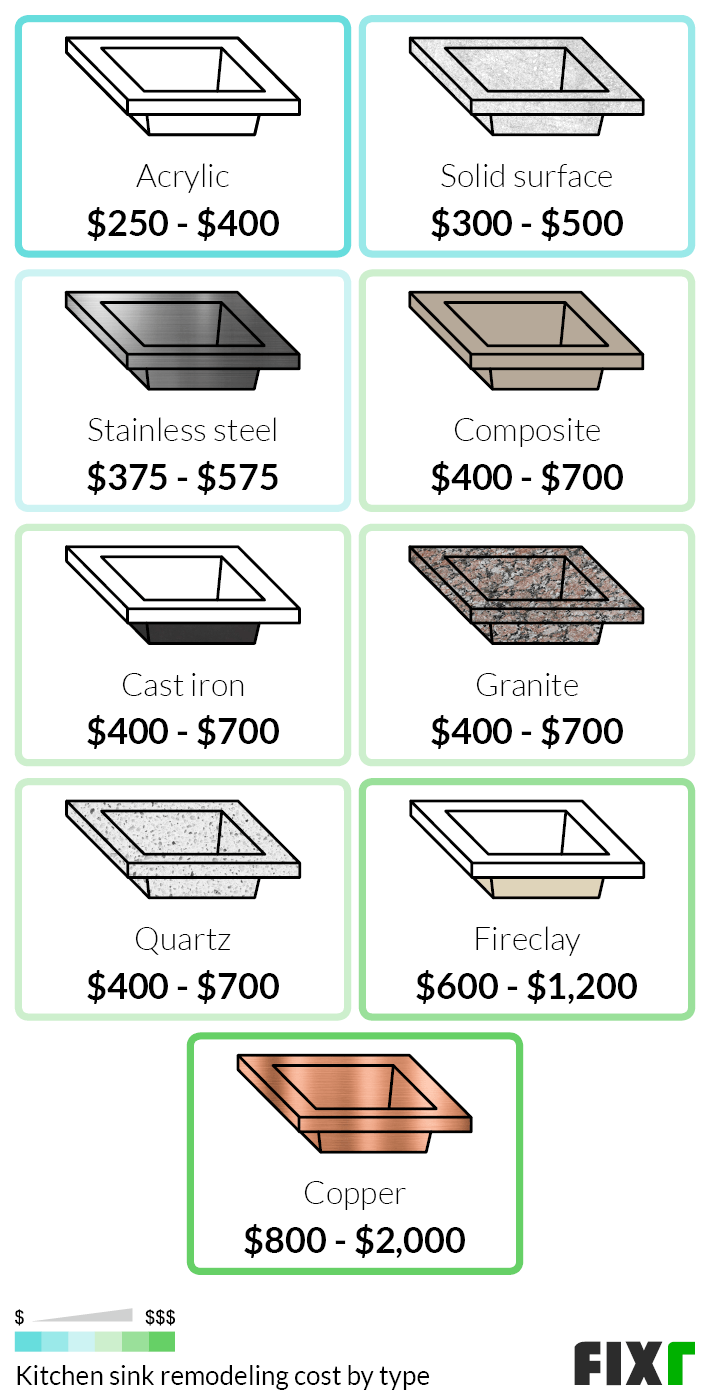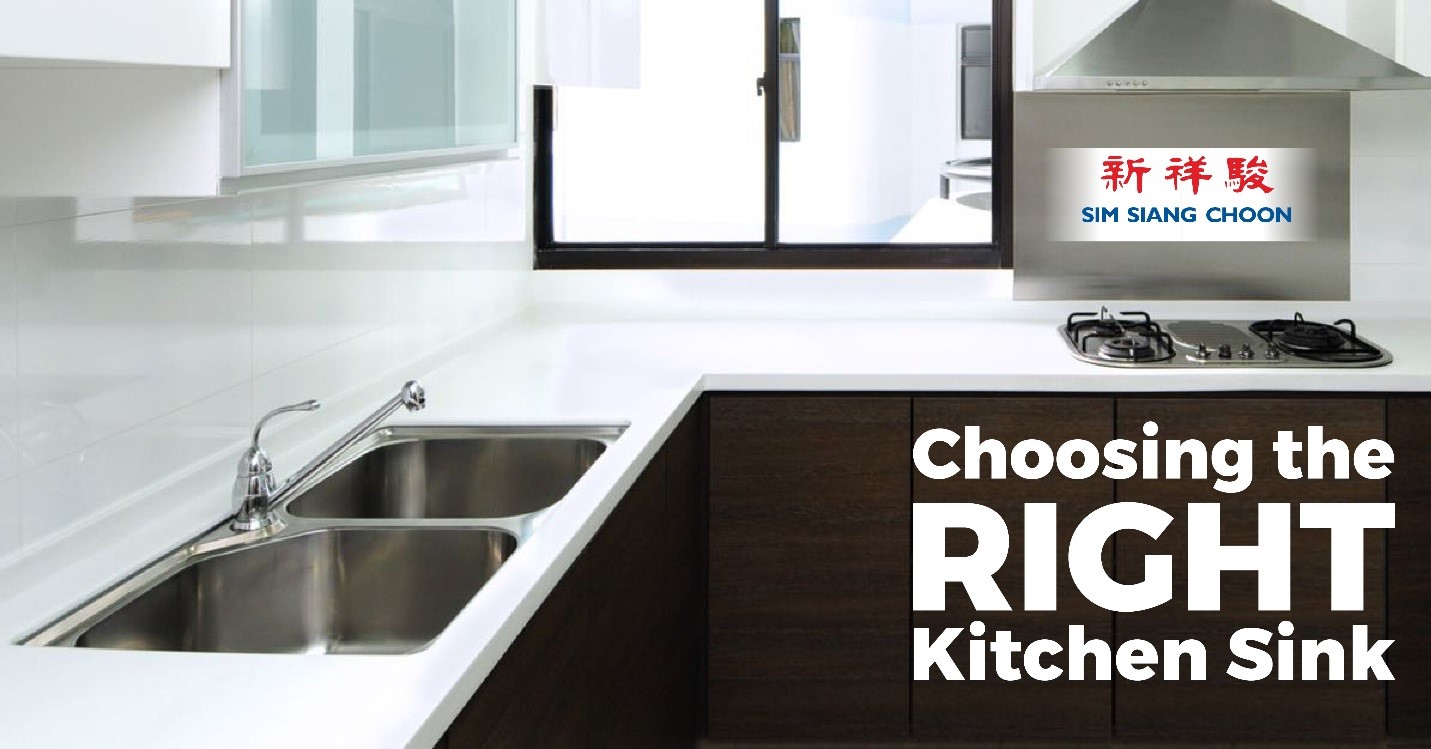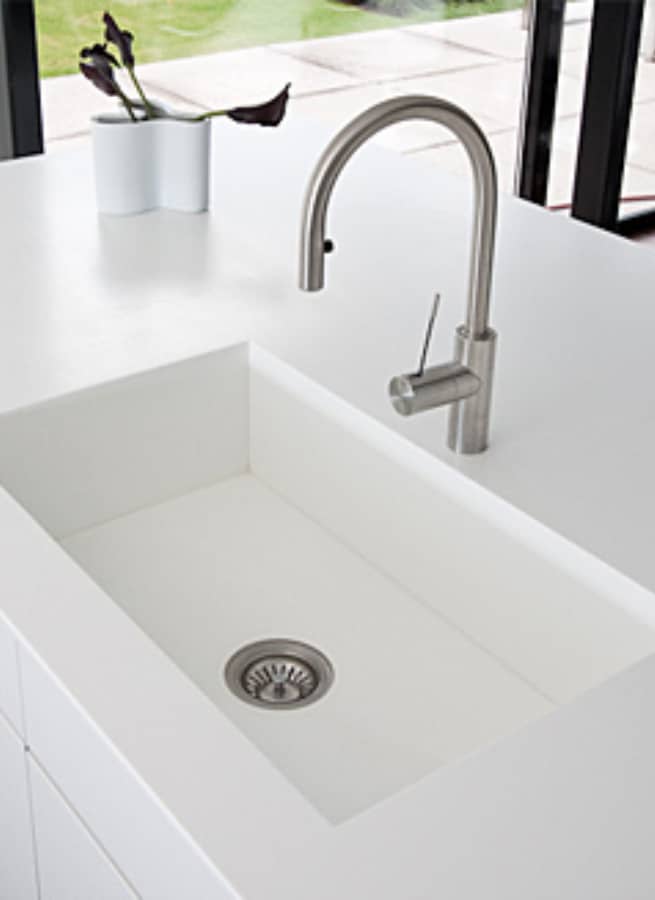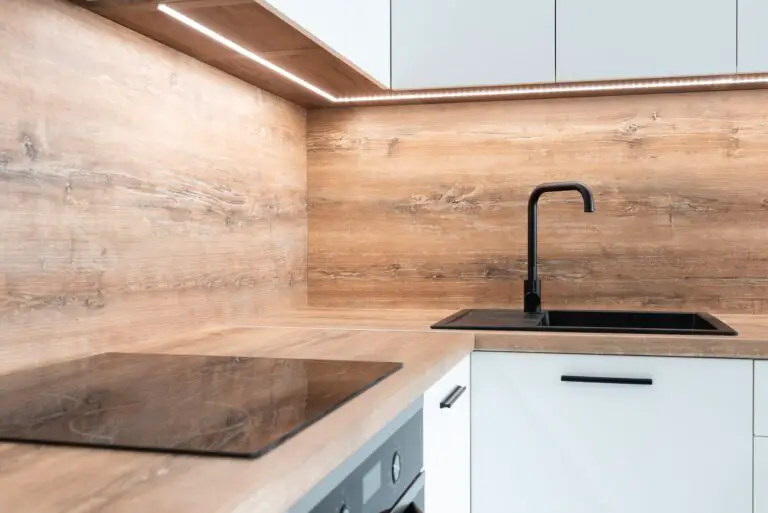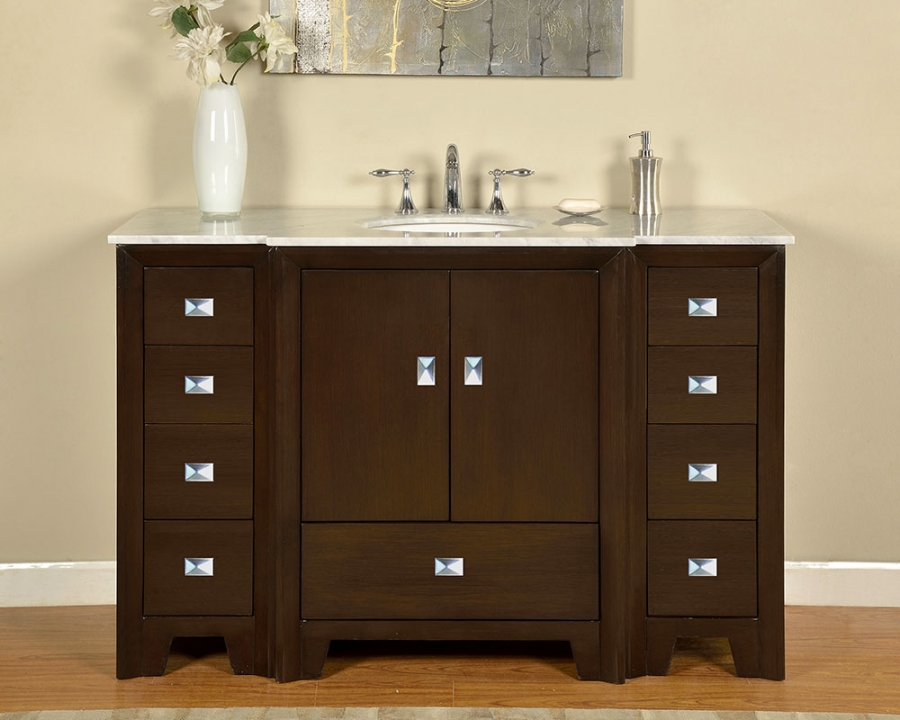Acrylic Kitchen Sinks: Pros and Cons
When it comes to choosing a kitchen sink, one of the most popular options on the market is acrylic. This material offers a variety of benefits and drawbacks, making it a polarizing choice for many homeowners. In this article, we will delve into the pros and cons of acrylic kitchen sinks to help you make an informed decision for your kitchen remodel.
Acrylic Kitchen Sinks: A Comprehensive Guide
Acrylic kitchen sinks are made from a type of plastic that is mixed with resin and fiberglass to create a durable and lightweight material. They come in a variety of colors and designs, making them a versatile option for any kitchen design. However, before making a purchase, it's important to understand the ins and outs of this type of sink.
Why Acrylic Kitchen Sinks are a Popular Choice
One of the main reasons why acrylic kitchen sinks are a popular choice among homeowners is their affordability. They are significantly cheaper than other materials like stainless steel or granite, making them a budget-friendly option for those on a tight budget. Additionally, acrylic sinks are easy to install, which can save you money on installation costs.
Acrylic vs. Stainless Steel Kitchen Sinks: Which is Better?
A common debate among homeowners is whether acrylic or stainless steel sinks are a better option for their kitchen. While both have their advantages, acrylic sinks are a better choice for those looking for a variety of design options. Acrylic can be molded into different shapes and sizes, while stainless steel sinks are limited in their design options. However, stainless steel sinks are more durable and resistant to scratches and dents, making them a better choice for those with heavy usage in the kitchen.
How to Clean and Maintain Acrylic Kitchen Sinks
One of the benefits of acrylic kitchen sinks is their easy maintenance. They are non-porous, which means they are resistant to stains and bacteria buildup. To clean an acrylic sink, simply use a gentle cleanser and a soft cloth to wipe away any dirt or grime. Avoid using abrasive cleaners or scouring pads, as they can scratch the surface of the sink. Regular maintenance will keep your acrylic sink looking like new for years to come.
The Benefits of Choosing an Acrylic Kitchen Sink
In addition to their affordability and easy maintenance, there are several other benefits of choosing an acrylic kitchen sink. They are lightweight, making them easier to install and replace. They also have a warmer feel than other materials, making them more comfortable for handwashing dishes. Acrylic sinks also come in a variety of colors, allowing you to add a pop of color to your kitchen design.
Acrylic Kitchen Sinks: Affordable and Durable Option
Another major advantage of acrylic kitchen sinks is their durability. While they may not be as strong as stainless steel, they are still a durable option for everyday use. Acrylic is resistant to heat, stains, and scratches, making it a great choice for busy kitchens. Additionally, if a chip or scratch does occur, they can be easily repaired with a simple acrylic repair kit.
Are Acrylic Kitchen Sinks Stain Resistant?
As mentioned before, acrylic sinks are non-porous, which means they are resistant to stains and bacteria buildup. This makes them a hygienic choice for your kitchen. However, it's important to note that some colors, such as white, may be more prone to staining than darker colors. It's always best to wipe up spills and stains immediately to prevent any discoloration.
Acrylic Kitchen Sinks: Aesthetically Pleasing and Versatile
Acrylic sinks are known for their versatility and aesthetic appeal. They come in a variety of colors and designs, giving you the freedom to choose one that best fits your kitchen design. They can also be molded into different shapes, allowing you to customize your sink to fit your specific needs and preferences. Whether you want a farmhouse style or a modern look, there is an acrylic sink that will suit your taste.
The Environmental Impact of Acrylic Kitchen Sinks
Acrylic kitchen sinks are also a more environmentally friendly option compared to other materials. They are made from recyclable material and have a longer lifespan than many other sink materials. Additionally, they use less water and energy during production, making them a greener choice for your kitchen remodel.
In conclusion, acrylic kitchen sinks offer a variety of benefits and drawbacks for homeowners. They are a budget-friendly, versatile, and durable option for your kitchen, but may not be as strong as other materials like stainless steel. Consider your needs and preferences when choosing a kitchen sink, and make sure to properly maintain it to prolong its lifespan. With proper care, an acrylic sink can be a great addition to your kitchen for years to come.
Are Acrylic Kitchen Sinks Good for Your Home?
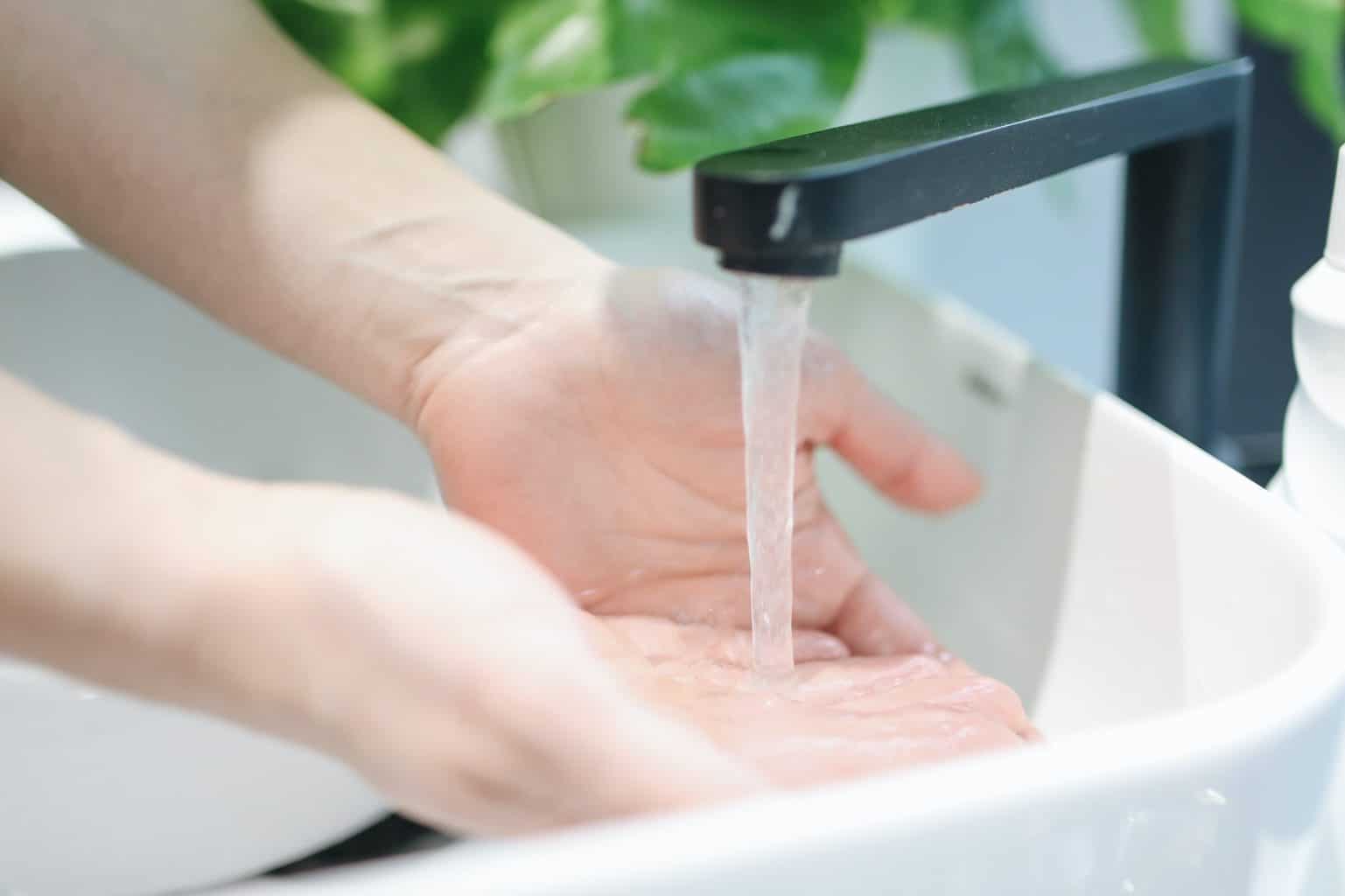
The Pros and Cons of Choosing an Acrylic Kitchen Sink
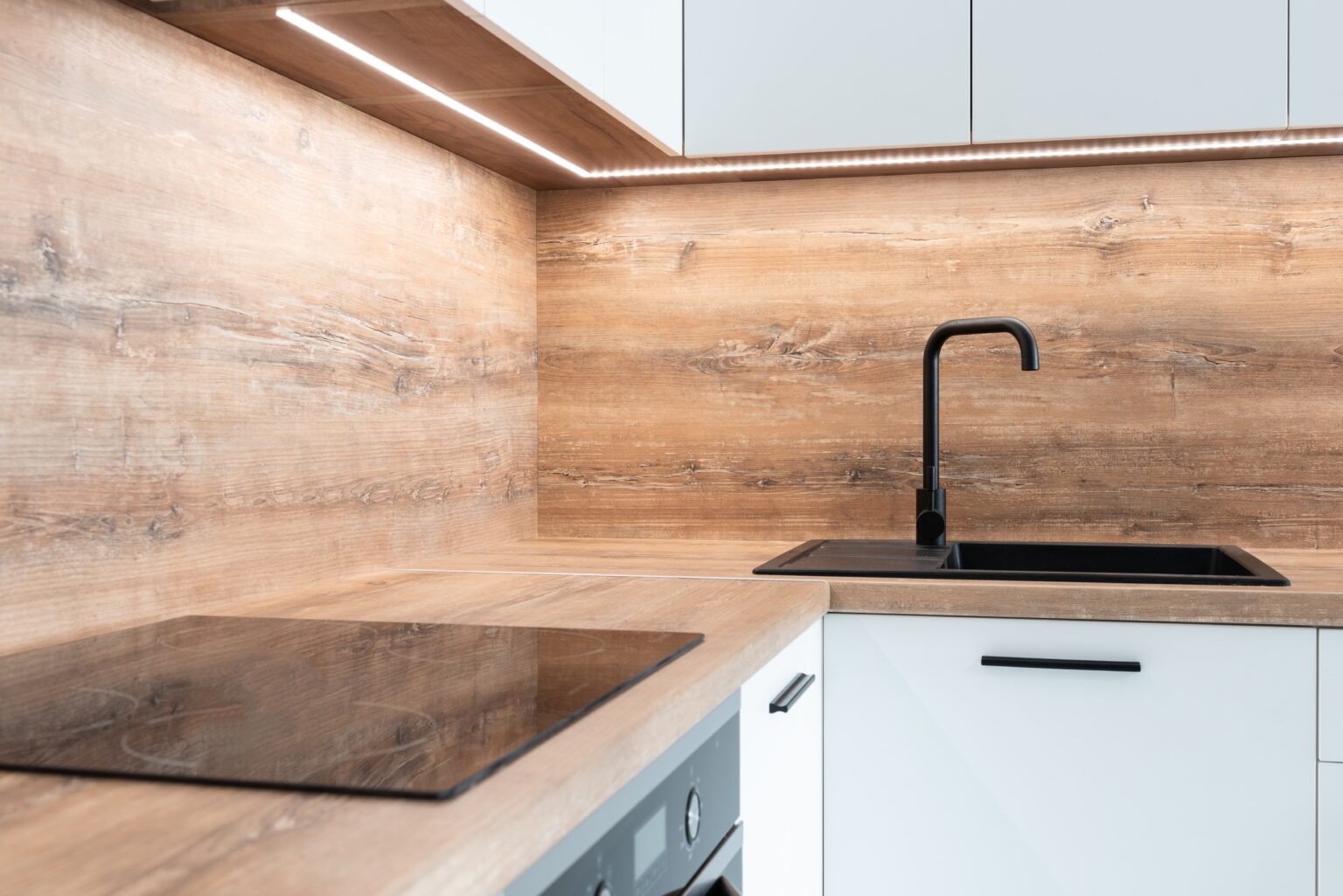 Acrylic kitchen sinks have gained popularity in recent years due to their affordable price and sleek design. But are they a good option for your kitchen? Let's take a closer look at the pros and cons of choosing an acrylic kitchen sink for your home.
Pros:
One of the main advantages of acrylic kitchen sinks is their cost-effectiveness. They are significantly cheaper than other materials such as stainless steel or granite, making them a great option for those on a budget. Additionally, acrylic sinks are lightweight and easy to install, which can save you time and money on installation costs.
Acrylic sinks are also known for their durability. They are resistant to scratches, stains, and heat, making them a practical choice for a busy kitchen. They are also non-porous, meaning they won't absorb bacteria or odors, making them a hygienic option for food preparation.
Moreover, acrylic sinks are available in a wide range of colors and designs, allowing you to find one that fits your kitchen's aesthetic. They are also easy to clean and maintain, requiring only a mild soap and water to keep them looking like new.
Cons:
One of the main drawbacks of acrylic sinks is their susceptibility to scratches and chips. While they are durable, they are not as tough as materials like granite or cast iron. This means that if you accidentally drop a heavy pot or pan, you may end up with a chip or scratch on your sink.
Another potential issue with acrylic sinks is their tendency to discolor over time. Exposure to harsh chemicals or hot water can cause the sink to fade or become discolored. This can be especially noticeable in lighter-colored sinks, so it's important to be mindful of what products you use in your sink.
Conclusion:
In conclusion, acrylic kitchen sinks have their pros and cons, but they can be a good option for many homeowners. They offer affordability, durability, and a variety of design options, making them a practical and stylish choice for any kitchen. However, if you're looking for a sink that can withstand heavy use and potential damage, you may want to consider other materials. Ultimately, the decision comes down to your personal preferences and budget, so weigh the pros and cons carefully before making your choice.
Acrylic kitchen sinks have gained popularity in recent years due to their affordable price and sleek design. But are they a good option for your kitchen? Let's take a closer look at the pros and cons of choosing an acrylic kitchen sink for your home.
Pros:
One of the main advantages of acrylic kitchen sinks is their cost-effectiveness. They are significantly cheaper than other materials such as stainless steel or granite, making them a great option for those on a budget. Additionally, acrylic sinks are lightweight and easy to install, which can save you time and money on installation costs.
Acrylic sinks are also known for their durability. They are resistant to scratches, stains, and heat, making them a practical choice for a busy kitchen. They are also non-porous, meaning they won't absorb bacteria or odors, making them a hygienic option for food preparation.
Moreover, acrylic sinks are available in a wide range of colors and designs, allowing you to find one that fits your kitchen's aesthetic. They are also easy to clean and maintain, requiring only a mild soap and water to keep them looking like new.
Cons:
One of the main drawbacks of acrylic sinks is their susceptibility to scratches and chips. While they are durable, they are not as tough as materials like granite or cast iron. This means that if you accidentally drop a heavy pot or pan, you may end up with a chip or scratch on your sink.
Another potential issue with acrylic sinks is their tendency to discolor over time. Exposure to harsh chemicals or hot water can cause the sink to fade or become discolored. This can be especially noticeable in lighter-colored sinks, so it's important to be mindful of what products you use in your sink.
Conclusion:
In conclusion, acrylic kitchen sinks have their pros and cons, but they can be a good option for many homeowners. They offer affordability, durability, and a variety of design options, making them a practical and stylish choice for any kitchen. However, if you're looking for a sink that can withstand heavy use and potential damage, you may want to consider other materials. Ultimately, the decision comes down to your personal preferences and budget, so weigh the pros and cons carefully before making your choice.



